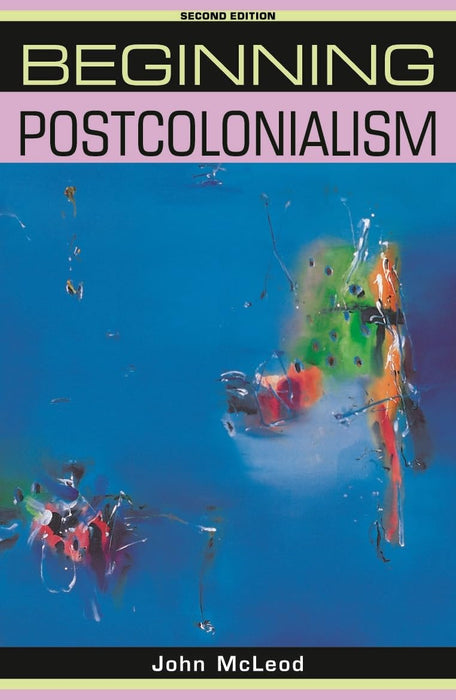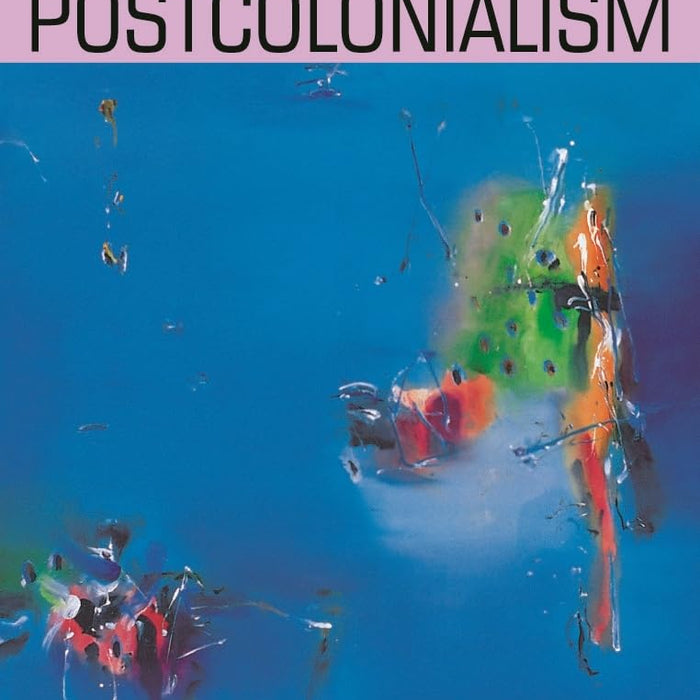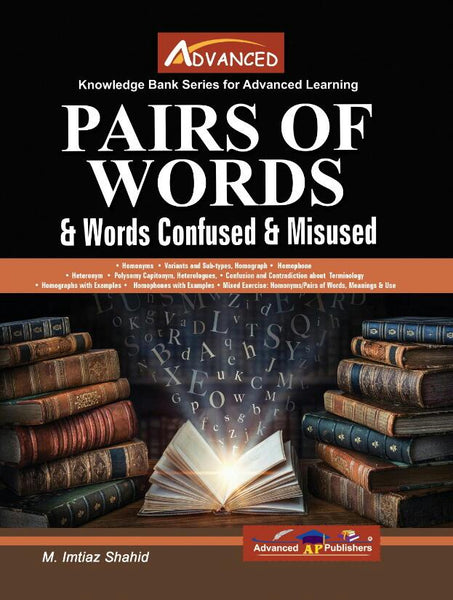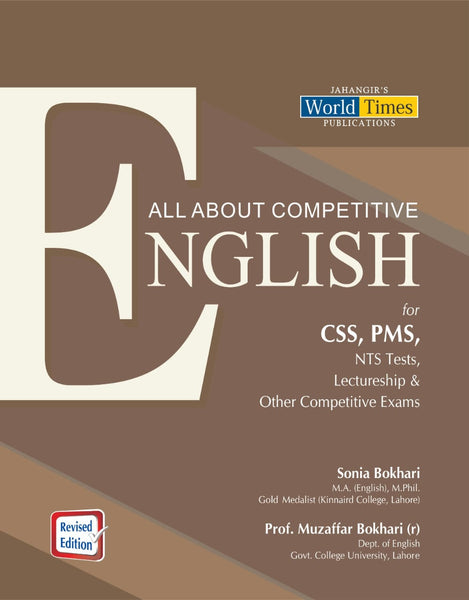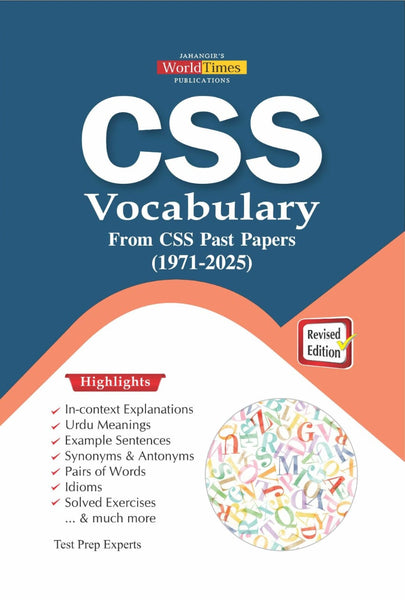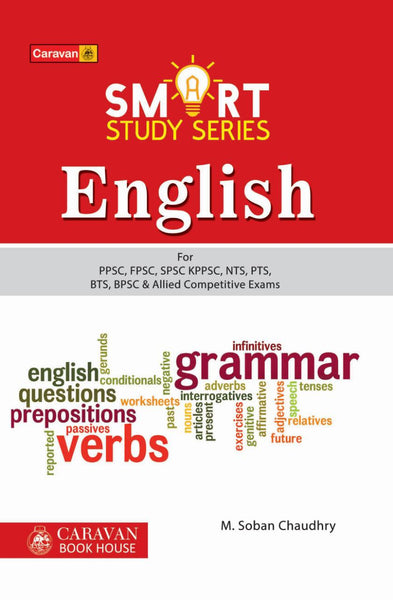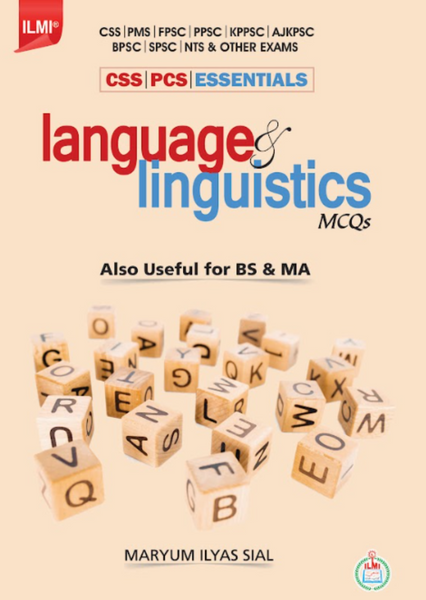Beginning Postcolonialism 2nd Edition by John McLeod (Author)
- Publisher: POLITICAL SCIENCE
- Availability: In Stock
- SKU: 49667 R1 0327
- Number of Pages: 278
Rs.790.00
Rs.995.00
Tags: academic textbook postcolonialism , African literature , Beginning Postcolonialism , best books , Best Price , Best Selling Books , black white print , British Empire studies , Caribbean postcolonialism , colonial discourse , colonialism in literature , comparative literature , Edward Said , Gayatri Spivak , global literature , global south , Homi Bhabha , hybridity , identity and language , John McLeod , literature and empire , neocolonialism , Online Bookshop , orientalism , postcolonial analysis , postcolonial pedagogy , postcolonial studies , postcolonial writers , postcolonialism for beginners , postcolonialism student guide , postcolonialism textbook , race and empire , representation , second edition postcolonialism
📘 Title Name: Beginning Postcolonialism (2nd Edition)
✍️ Author: John McLeod
📦 Quality: Black White Pakistan Print
🔹 Introduction:
Beginning Postcolonialism by John McLeod is a highly accessible and foundational text for readers entering the study of postcolonial theory. This second edition offers expanded insights and updated references to key texts, thinkers, and movements shaping postcolonial discourse.
🔑 Key Points:
-
Introduces major themes in postcolonial theory such as identity, hybridity, nationalism, and representation.
-
Explains key figures including Edward Said, Homi Bhabha, and Gayatri Spivak in clear, student-friendly language.
-
Uses diverse literary and cultural examples from different regions including Africa, the Caribbean, and South Asia.
-
Provides structured chapters with helpful summaries and further reading sections for self-study.
-
Encourages critical thinking about colonial histories, literature, and global power dynamics.
🔚 Conclusion:
This book is an ideal starting point for students and general readers seeking to understand postcolonialism. John McLeod presents complex ideas with clarity and engages readers in questioning historical narratives and contemporary global structures.

